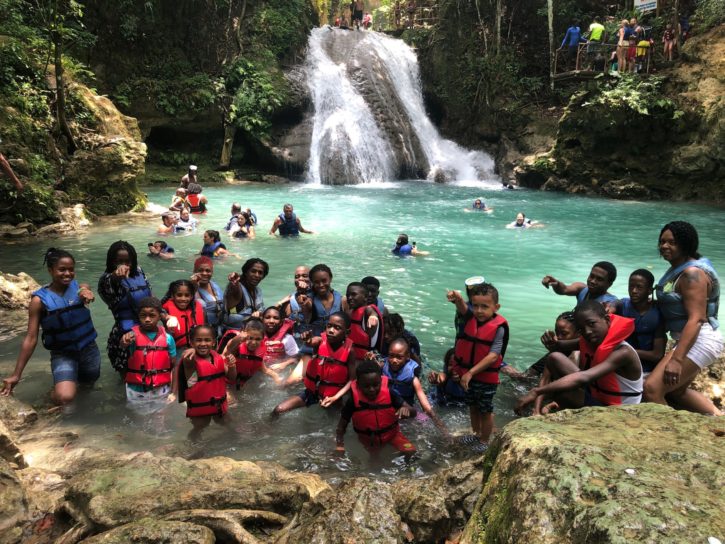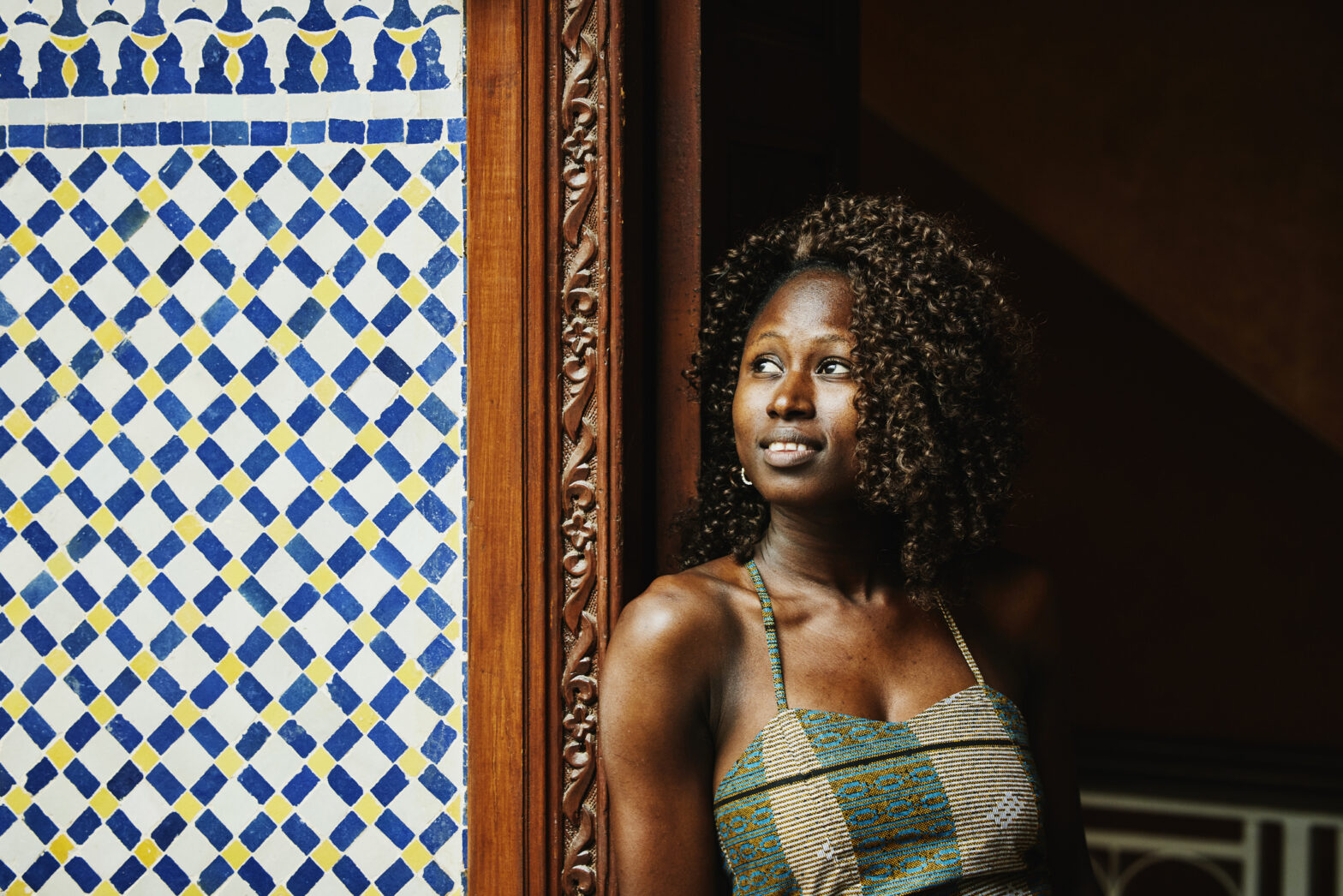Irie is a popular term that encapsulates the good times and easy-going vibe that Bobbi Rossiter grew up with in her native Jamaica. Used both as a casual nod of approval or a friendly greeting, it’s ubiquitous in the island’s culture. These were some of the nuances that she wanted to pass on to her two children born in the United States.
“I was stuck in traffic one day and thinking about how much my kids know about my side of their heritage,” Rossiter told Travel Noire. “They’re half American, and they have easy access to all the family on that side, and the cultural things that you can get when you’re in America. But when it came to the fact that mommy was Jamaican, it pretty much boiled down to sometimes mommy was talking, and we couldn’t really understand what she’s saying. But, you knew she was angry. And grandma comes in, she makes some really flavorful food, a little spicy, but it’s so good.
“There’s a lot more to my culture than that,” she added. “So I started looking for resources to help connect my kids to what it is that I grew up with and how our values were shaped. I wanted them to have a complete sense of themselves and be able to pick and choose and make informed decisions about who they’re going to be when they grow up.”
Rossiter looked into potential programs in Jamaica, but couldn’t find anything suitable for her kids, who were two and four at the time. A marketer by trade, she wasn’t looking to set up a business, but she realized there was a window of opportunity to provide cultural immersion for kids who were growing up overseas. With her mother’s encouragement, Rossiter created Irie Camp, the only summer program dedicated to introducing the youth to everything that is uniquely and inherently Jamaican.
Campers start at age five to six and can return up until age 17. They enroll in a day camp or resident camp featuring authentically Jamaican programming.
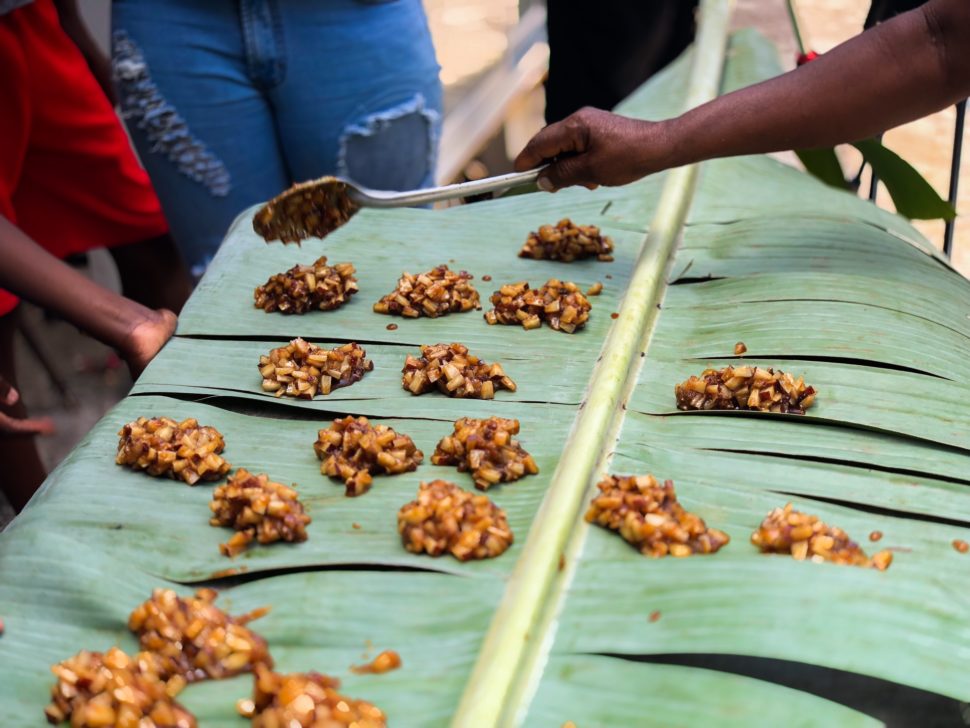
“Everything is Jamaican, and it’s done in such a fun way,” explained Rossiter. “There’s definitely a whole lot of code-switching so that the kids who didn’t grow up speaking the dialect can understand using contextual cues. But none of it is super rigid instruction, and it’s all fun. We do art, music, and we bring in some of the island’s best storytellers. And that’s the part that the kids love the most. That’s when the accent really comes out richly, and it just paints the story. They love the dancing. Everything is hands-on. The food is all Jamaican, and we use all Jamaican talent for activities. Our counselors are college students there on the island, so it’s really immersive. They get a real Jamaican experience. When the camp is done, nobody ever wants to go home.”
The operation is still growing, so Irie Camp is only offered once a year in Jamaica. There were plans for a family version of the camp in the famed Blue Mountains, but that was put on hold due to the pandemic. Rossiter and her small team are currently restructuring so that they can bring the concept to the US and make the flagship camp’s activities accessible to Jamaican cultural groups in multiple cities.
“It’s all about just bringing this experience to more kids.”
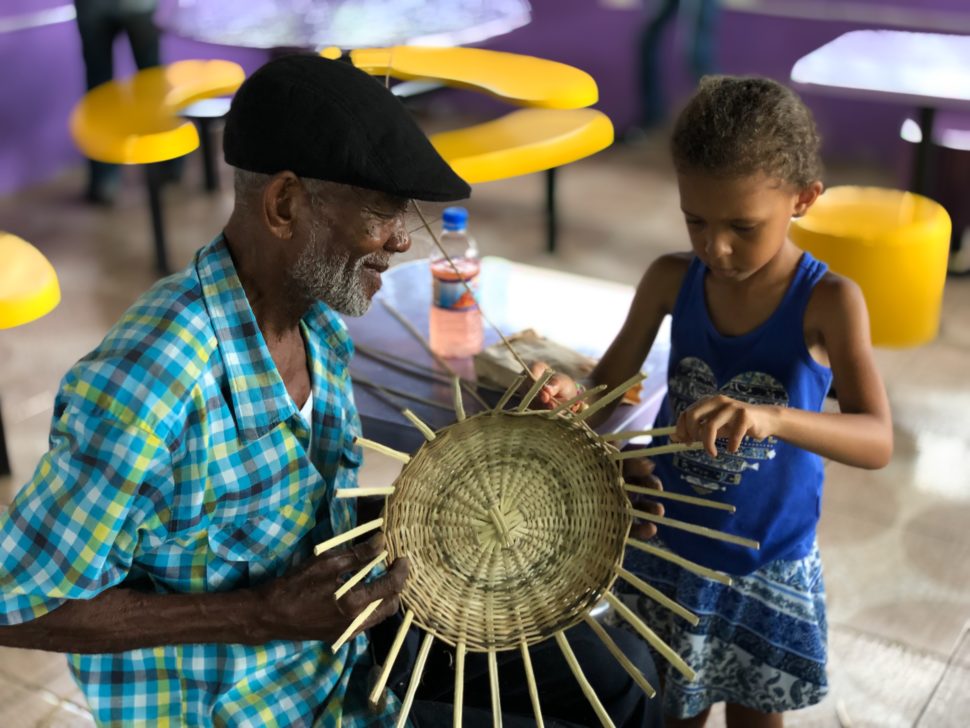
Rossiter migrated to the US as a young adult. It’s where she went to college and eventually got married. When she and her family first left Jamaica she insisted on speaking patois in their house in addition to English. It was her small way of staying true to her roots.
“One of the other reasons that I started the camp too is as I was leaving Jamaica, I definitely noticed the transition of the people my age wanting to be more Americanized. And me leaving the island, I think, put me in a position where I didn’t want to lose my identity as a Jamaican. So I clung to it, much more than my peers who were still on the island and wanted to brush it off for the more American way. Another reason that I started the camp was to help preserve Jamaican culture, to help preserve our place in all of this globalization, and to help the kids on the island see the value in being Jamaican.”
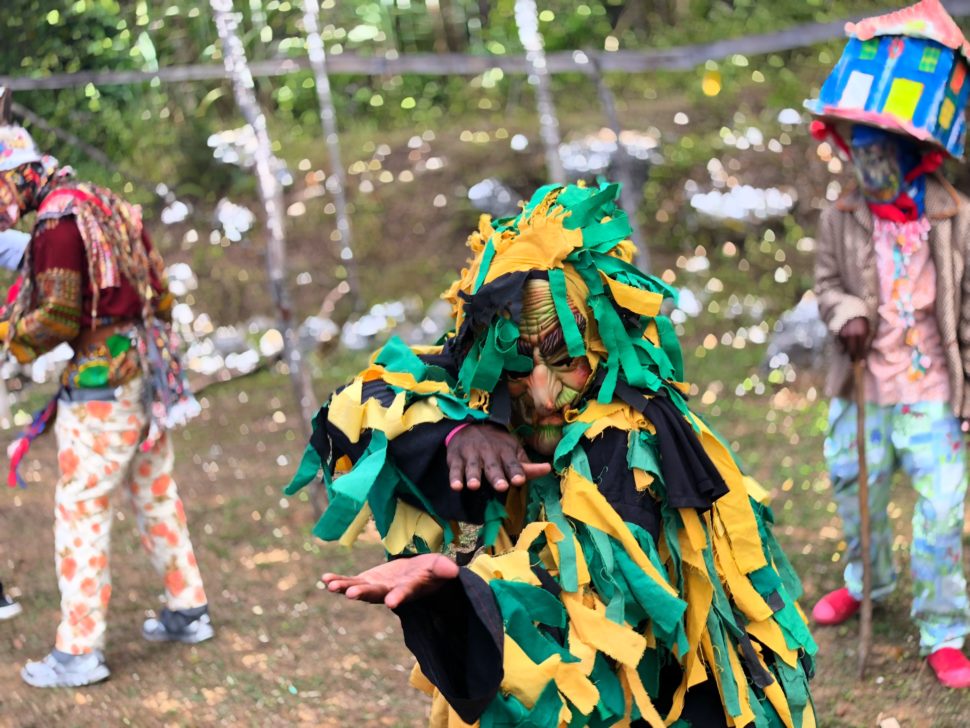
Rossiter’s children are now six and eight and she says Irie Camp has definitely had the desired effect. They infuse some patois in their vocabulary while playing and sing some of the local songs that they have learned. The impact has even extended beyond them to their grandfather.
“They’ll ask my husband’s father to make things with them like coco bread,” she laughed. “Not only have I been able to succeed with this little mission of mine with my kids, but my in-laws are practically Jamaican now. My father-in-law will make patties from scratch. I’m like dad, Jamaicans don’t make their own patties. We just buy them. But he will make his patties from scratch, and they’re actually pretty good.”
For more information on Irie Camp, visit the website.
